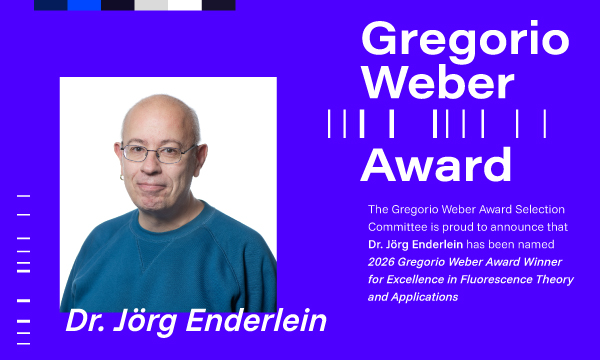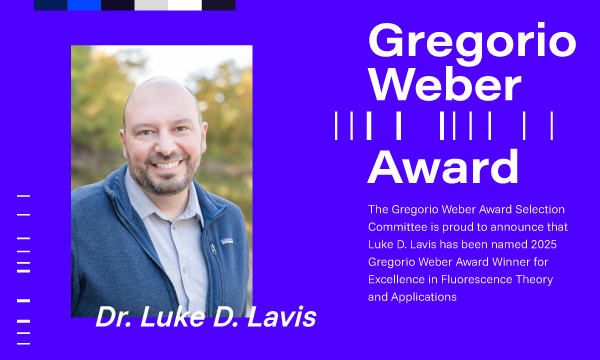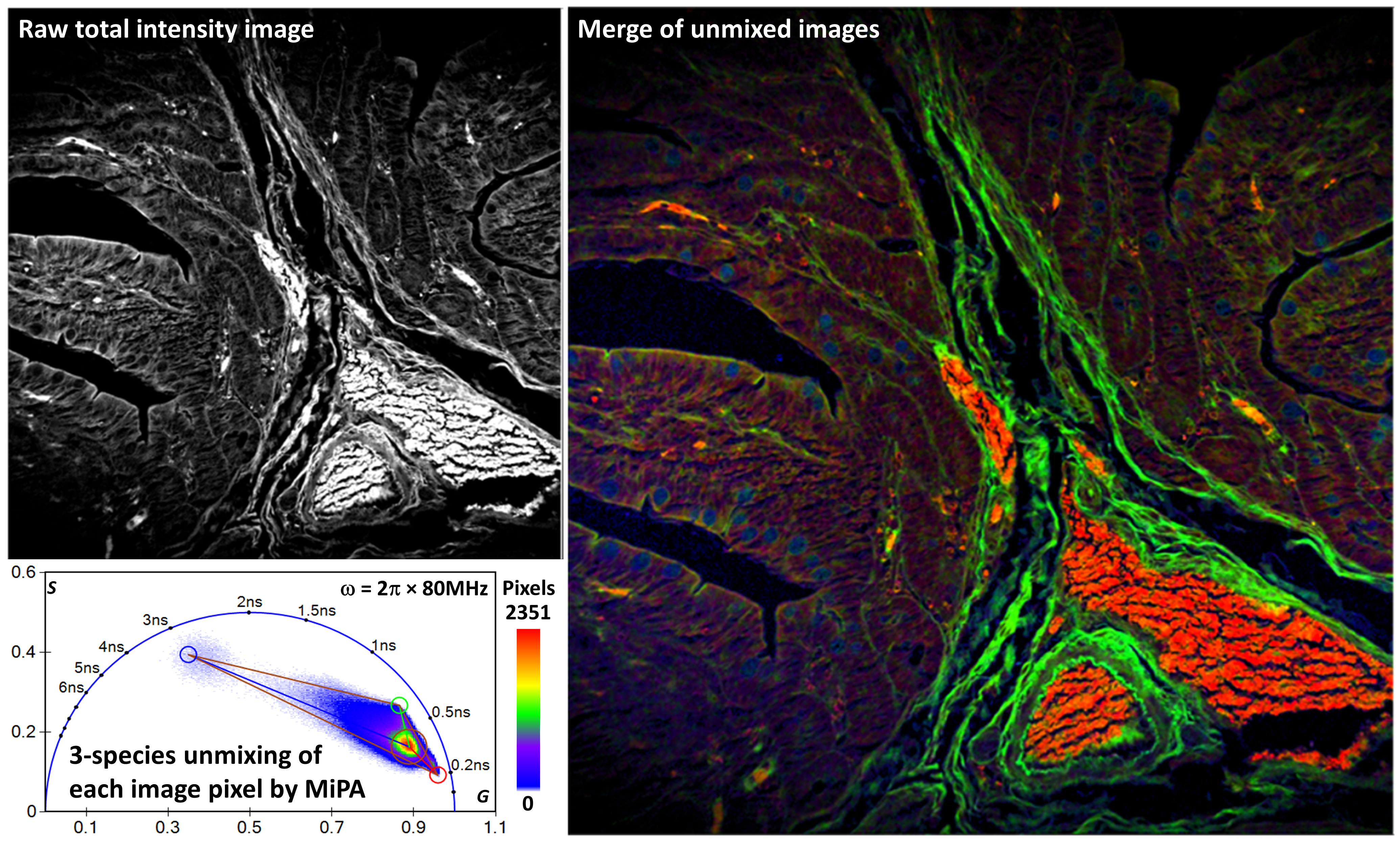NEWS
ISS Honors Dr. Joseph Lakowicz with Gregorio Weber Award
Champaign, Illinois - February 18, 2006 - At this year’s Annual Meeting of the Biophysical Society in Salt Lake City, ISS announced the third recipient of the Gregorio Weber Award for Excellence in Fluorescence Theory and Applications. ISS honored Dr. Joseph R. Lakowicz for his significant and original contributions to the advancement and applications of fluorescence techniques.
The award is named for Professor Gregorio Weber who pioneered the developments in the theory and use of fluorescence techniques. Dr. Lakowicz is committed to this tradition and in fact maintains that his research is dedicated to “advancing the field of fluorescence spectroscopy.”
Dr. Lakowicz is a Professor of Biochemistry at the University of Maryland School of Medicine. He is also the Director of the Center for Fluorescence Spectroscopy. CFS explores applications of fluorescence techniques beyond biochemical and biophysical research and into biotechnology, drug discovery and cell biology. He is currently working on a process by which to improve the sensitivity of biological measurements called metal enhanced fluorescence.
In addition to his present research, Dr. Lakowicz has made many significant contributions to the field including chemical synthesis of new fluorophores, development of instrumentation for time-resolved fluorescence, pioneering studies of photon migration imaging, multi photon excitation, and the chemical applications of fluorescence sensing. Dr. Lakowicz has published over 400 scientific articles and is the single author of Principles of Fluorescence Spectroscopy. His book is widely used and conventionally considered to be the central reference in the field of fluorescence research. Dr. Lakowicz was the founding Editor-in-Chief of the Journal of Fluorescence and the founder of the Journal of Biomedical Optics.
ISS is honored to recognize Dr. Lakowicz as this year’s recipient of the Gregorio Weber Award for Excellence in Fluorescence Theory and Applications for his continued contributions to the evolution of the field.



